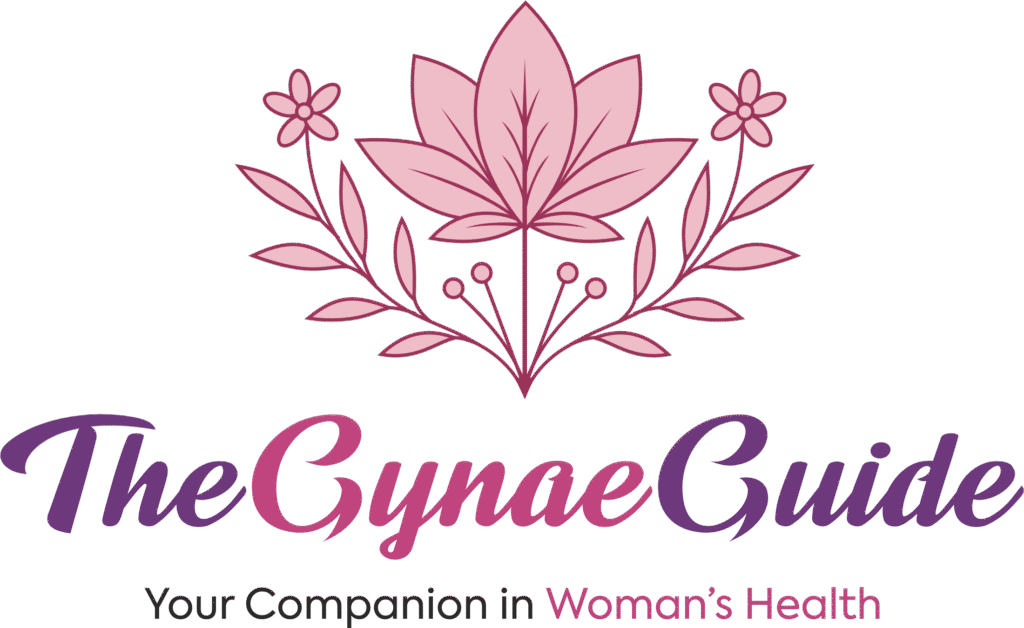What Causes Period Pain?
Menstrual cramps, also known as dysmenorrhea, occur when your uterus contracts to help shed its lining. These contractions are caused by prostaglandins, hormone-like substances that trigger inflammation and pain.
The higher the prostaglandins, the stronger the cramps. This is why many women seek natural period pain remedies that are safe and effective.
Top 10 Natural Period Pain Remedies That Actually Work
Apply Heat to Your Abdomen
A hot water bottle or heating pad is one of the oldest and best home remedies for period cramps.
“Heat therapy is scientifically shown to reduce pain just as effectively as medication.” Journal of Physiotherapy
Bonus tip: Take a warm bath with lavender or Epsom salt to relax your muscles.
Sip Herbal Teas
Natural teas have long been used as herbal remedies for menstrual pain.
Best options:
- Chamomile – Soothes the uterus and reduces stress
- Ginger – Anti-inflammatory and pain-relieving
- Peppermint – Calms digestive issues and cramps
Drink 2–3 cups daily during your cycle for gentle relief.
Do Gentle Yoga for Cramp Relief
Yoga isn’t just for flexibility; it’s an amazing natural pain relief for periods.
Top poses to try:
- Child’s Pose
- Cat-Cow Stretch
- Reclining Twist
- Pigeon Pose
Yoga boosts circulation, calms the mind, and eases muscle tension.
Use Essential Oils for Massage
Massaging your belly with essential oils is one of the most relaxing natural remedies for period pain.
Top oils for relief:
- Lavender
- Clary Sage
- Sweet Marjoram
Mix with coconut or jojoba oil and massage in circular motions to ease discomfort.
Eat Magnesium-Rich Foods
Foods that reduce menstrual cramps include magnesium-packed ingredients.
Include in your diet:
- Bananas
- Avocados
- Almonds
- Spinach
- Dark chocolate
Magnesium calms uterine muscles and balances mood swings.
Hydration is Key
Staying hydrated helps reduce bloating, which can make cramps worse.
Try infusing water with lemon, cucumber, or mint for added benefits.
Avoid Caffeine and Processed Sugar
Caffeine and sugar are both known to worsen period cramps and PMS symptoms.
Replace them with:
- Herbal teas
- Natural smoothies
- Warm turmeric milk
Try Acupressure Techniques
The SP6 point, located above the inner ankle, can relieve menstrual pain when gently pressed.
Use your thumb to apply pressure for 1–2 minutes. Repeat on both legs.
Load Up on Omega-3 Fatty Acids
Omega-3s are powerful anti-inflammatory agents.
Top sources:
- Flaxseeds
- Chia seeds
- Walnuts
- Fatty fish (salmon, sardines)
Prioritize Quality Sleep
Sleep helps your body recover and manage stress, which often worsens cramps.
Aim for 7–9 hours of rest, especially during the first few days of your cycle.
When to See a Doctor
While these period pain remedies work for many, consult a gynecologist if:
- Pain lasts more than 2–3 days
- You experience heavy bleeding or clots
- Natural methods and painkillers don’t help
- Cramps interrupt work or daily life
These could be signs of PCOS, endometriosis, or uterine fibroids.
Explore more on women’s health at The Gynae Guide
Stay Connected with The Gynae Guide
Stay inspired and informed with our expert content across your favourite platforms. Join thousands of women taking control of their health, one cycle at a time.
Visit Our Website: Explore trusted articles on periods, PCOS, fertility, and hormonal wellness.
Follow on Instagram: Get daily health tips, period hacks, and self-care reminders in your feed.
Like on Facebook: Join an empowering community of women supporting each other through every phase.
Connect on LinkedIn: Stay updated with research, health news, and professional discussions in women’s health.
Subscribe on YouTube: Watch expert-led videos on natural remedies, cycle tracking, and reproductive care.
Frequently Asked Questions (FAQs)
Q1. What is the fastest natural remedy for period pain?
Using a heating pad or drinking ginger tea can provide near-instant relief.
Q2. Is it safe to exercise during periods?
Yes! Gentle workouts like yoga or walking help reduce cramps and boost your mood.
Q3. Which foods should I avoid during my period?
Limit salty snacks, sugar, red meat, and caffeine. They can worsen inflammation and bloating.
Q4. Can drinking water really help with cramps?
Absolutely. Hydration reduces bloating and helps muscles function better.
Q5. When should I see a doctor for cramps?
If the pain is severe, long-lasting, or comes with heavy bleeding or irregular cycles, consult a gynecologist.

